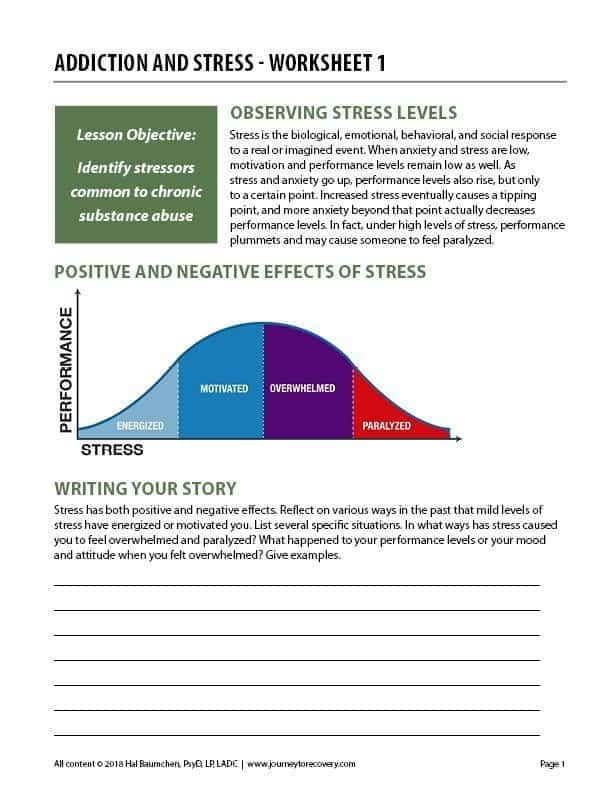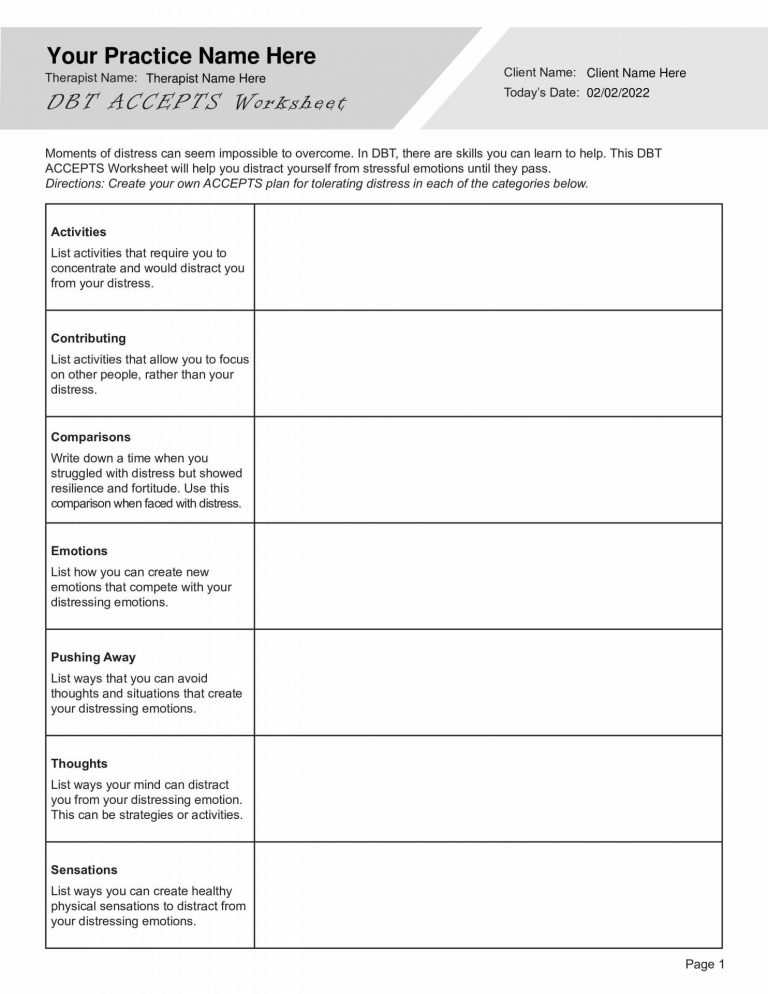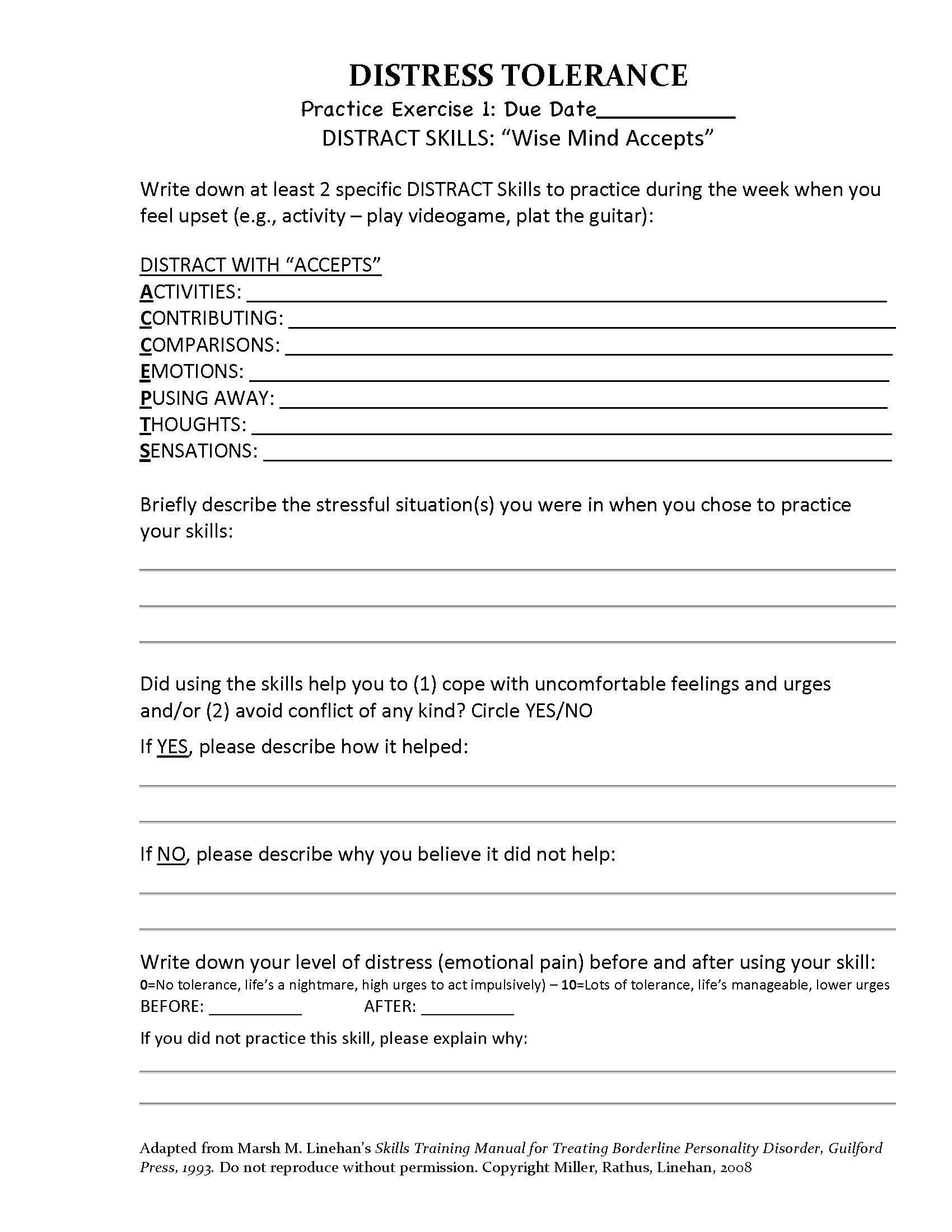DBT Worksheets: Transform Your Addiction Recovery Journey

In the ever-evolving realm of mental health and addiction recovery, DBT Worksheets have emerged as a pivotal tool for individuals striving to navigate their journey toward sobriety and emotional well-being. Rooted in Dialectical Behavior Therapy (DBT), these worksheets offer structured, practical exercises aimed at cultivating essential life skills. This comprehensive guide explores the profound impact of DBT Worksheets on addiction recovery, providing insights into their application, effectiveness, and how to integrate them into your personal recovery plan.
Understanding Dialectical Behavior Therapy (DBT)


Dialectical Behavior Therapy, developed by Dr. Marsha Linehan, is an evidence-based treatment initially designed to address borderline personality disorder. It's since been adapted to treat a range of issues, including addiction. DBT integrates cognitive-behavioral techniques with mindfulness strategies drawn from Zen practices. The core of DBT revolves around:
- Mindfulness: Being fully present in the moment.
- Distress Tolerance: Managing and surviving crisis without resorting to harmful behavior.
- Emotion Regulation: Understanding, naming, and reducing emotional reactivity.
- Interpersonal Effectiveness: Asserting your needs in relationships while maintaining self-respect.
The Role of DBT Worksheets in Addiction Recovery

DBT Worksheets play a crucial role in addiction recovery by:
- Providing Structure: Recovery can feel chaotic; worksheets offer a structured approach to self-discovery and skill-building.
- Encouraging Self-Reflection: They prompt users to explore their thoughts, feelings, and behaviors, fostering deeper understanding and insight.
- Promoting Skill Acquisition: Through repeated practice, individuals learn to apply DBT skills in real-life scenarios.
Incorporating DBT Worksheets into Your Recovery

Step-by-Step Guide to Using DBT Worksheets

- Identify Your Goals: Determine what you hope to achieve (e.g., improved emotional regulation, better coping mechanisms).
- Select Worksheets: Choose those that align with your goals. Topics might include identifying triggers, managing cravings, or building a crisis plan.
- Dedicate Time: Regular practice is key. Set aside a specific time daily or weekly for completing worksheets.
- Practice Mindfulness: Begin each session with mindfulness exercises to ground yourself in the present.
- Reflect and Record: Write your thoughts, emotions, and responses to the exercises. Use this record to track progress.
- Discuss with Your Therapist or Support Group: Share insights for additional guidance and support.
📝 Note: Not all worksheets will resonate with everyone. Tailor the selection to your personal journey and needs.
Customizing DBT Worksheets for Enhanced Recovery

| Worksheet Type | Purpose | Example Exercise | Customization Tips |
|---|---|---|---|
| Mindfulness | Improve awareness and focus | “5 Senses Grounding” | Adjust the number of senses or incorporate personal environments. |
| Distress Tolerance | Cope with crises | “Pros and Cons of Tolerating Distress” | Add personal triggers or use examples from your life. |
| Emotion Regulation | Understand and manage emotions | “Emotion Wheel” | Create your own emotion labels or add how they relate to substance use. |
| Interpersonal Effectiveness | Improve communication | “DEARMAN Skills” | Role-play scenarios relevant to your life. |

Case Studies: DBT Worksheets in Action

Let’s delve into a couple of hypothetical scenarios where DBT Worksheets have been effectively used:
- Case Study 1: A young adult struggling with alcohol addiction uses DBT worksheets focused on emotional regulation to identify and manage the emotional triggers behind their substance use.
- Case Study 2: An individual with a history of drug abuse utilizes DBT worksheets to enhance their distress tolerance, learning alternative coping mechanisms when faced with cravings or emotional distress.
Maximizing Benefits from DBT Worksheets

- Regular Practice: Like any skill, proficiency in DBT requires consistent practice.
- Personalization: Customize worksheets to resonate with your unique recovery path.
- Accountability: Track your progress and share your experiences with your therapist or recovery community.
🎯 Note: Integrating DBT into your recovery should be part of a holistic approach, often including professional therapy, support groups, and medication when necessary.
As we conclude our exploration, we've seen how DBT Worksheets can be a transformative tool in the recovery from addiction. They offer structured yet flexible methods to address the complex emotional landscape of recovery. Whether you're dealing with addiction or emotional struggles, DBT Worksheets provide a framework for:
- Gaining control over impulsive behaviors.
- Learning to tolerate distress without resorting to substance use.
- Improving interpersonal relationships, reducing isolation.
- Mastering the art of emotion regulation, pivotal for long-term sobriety.
Do I need a therapist to use DBT Worksheets effectively?

+
While working with a therapist trained in DBT can enhance your experience, these worksheets are designed to be accessible for self-help as well. However, having professional support can provide personalized guidance and help address more complex issues.
How often should I complete DBT worksheets?

+
There’s no strict rule, but daily or weekly practice is recommended to reinforce new behaviors and skills. Consistency is key in integrating these techniques into your life.
Can DBT worksheets replace formal therapy for addiction?

+
DBT worksheets are a supplement, not a substitute, for professional treatment. They’re most effective when integrated with comprehensive therapy programs, medication-assisted treatment, and support groups.